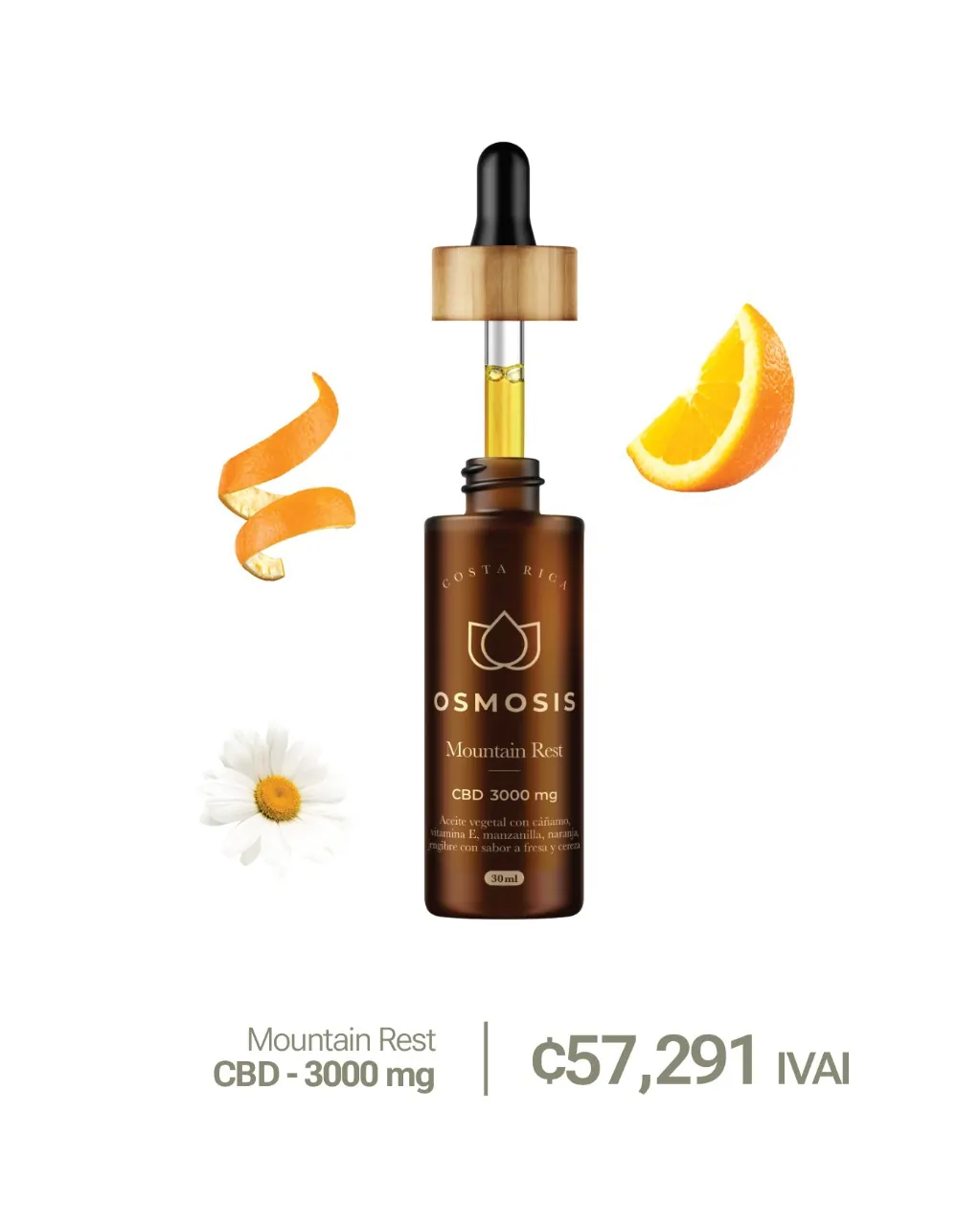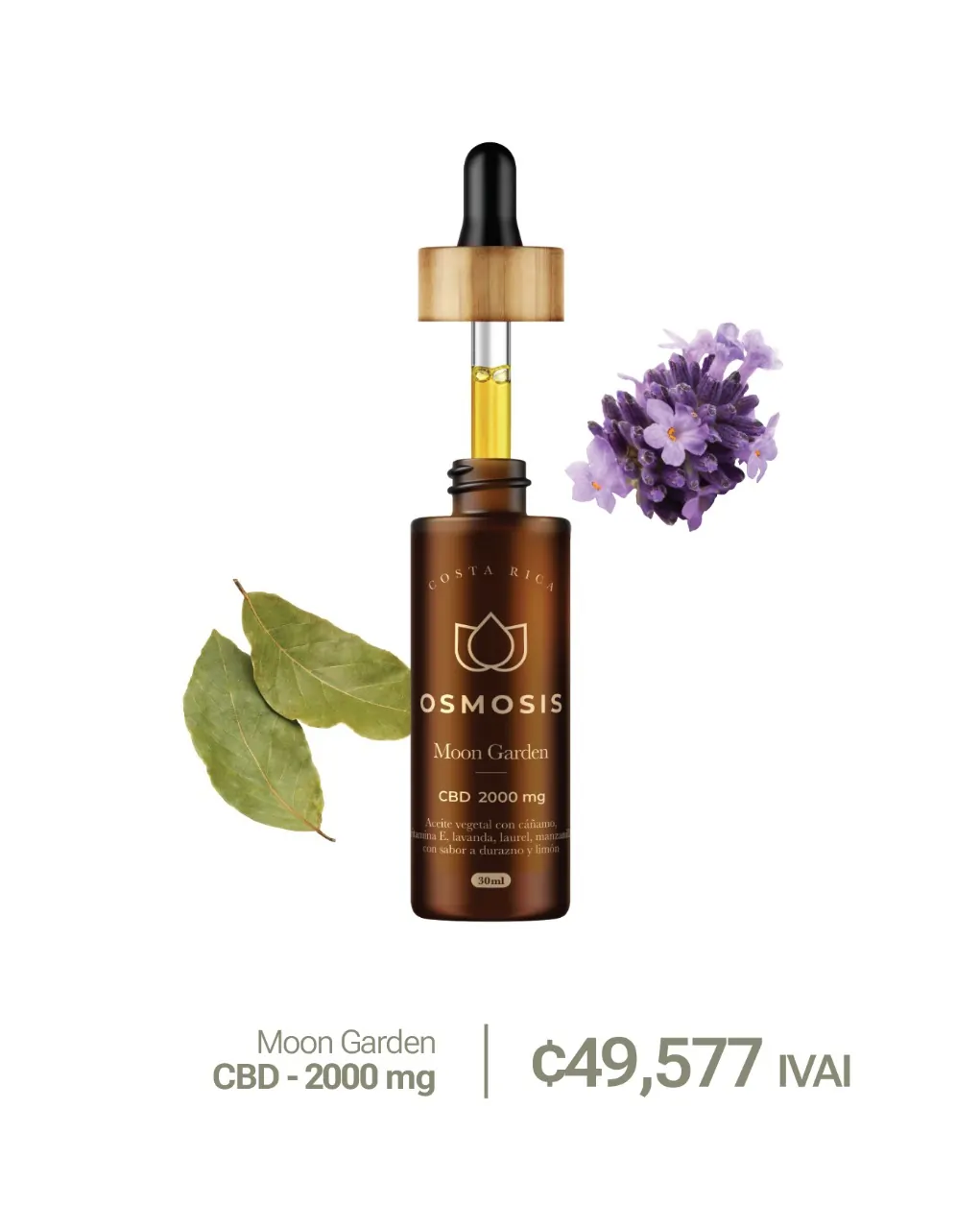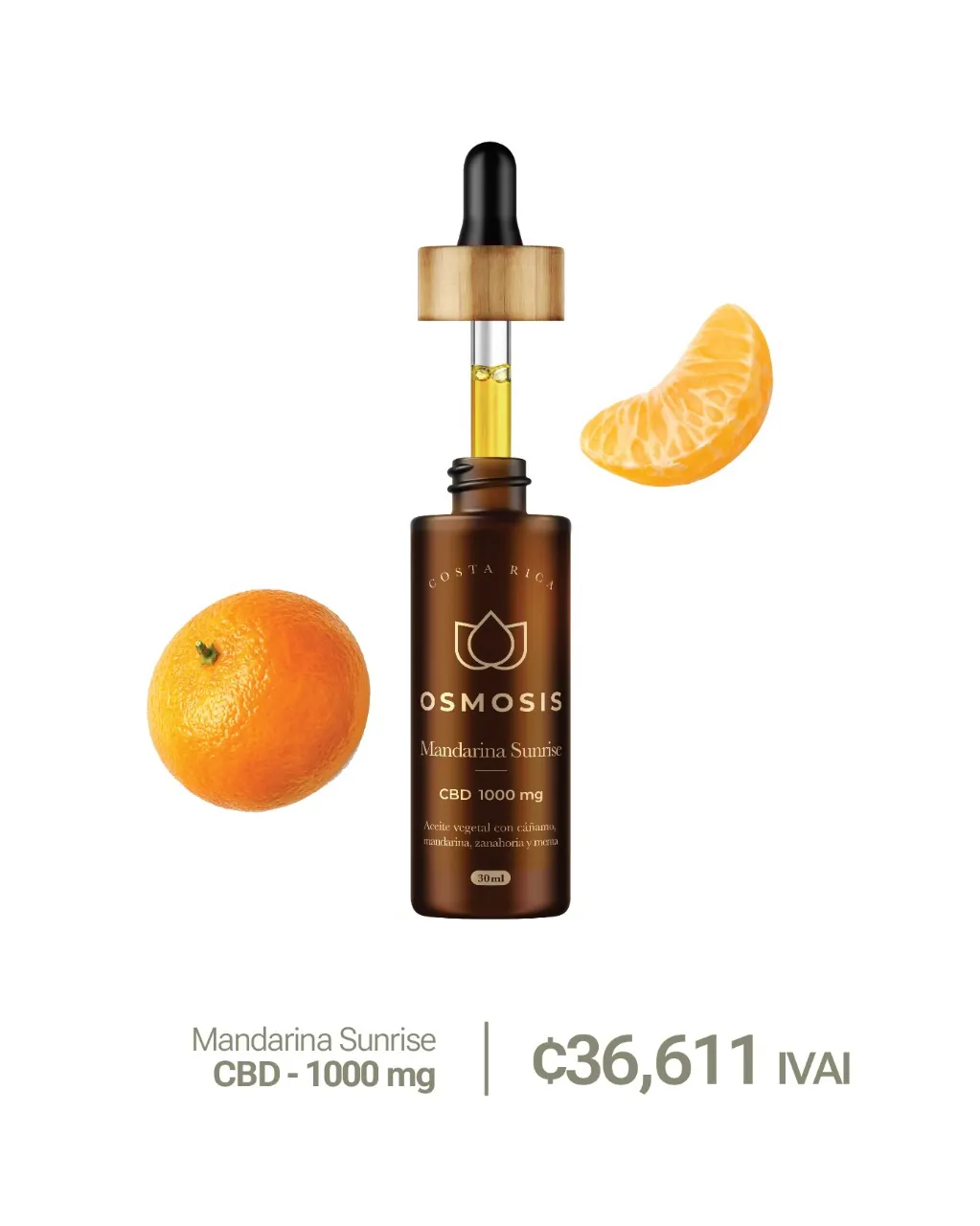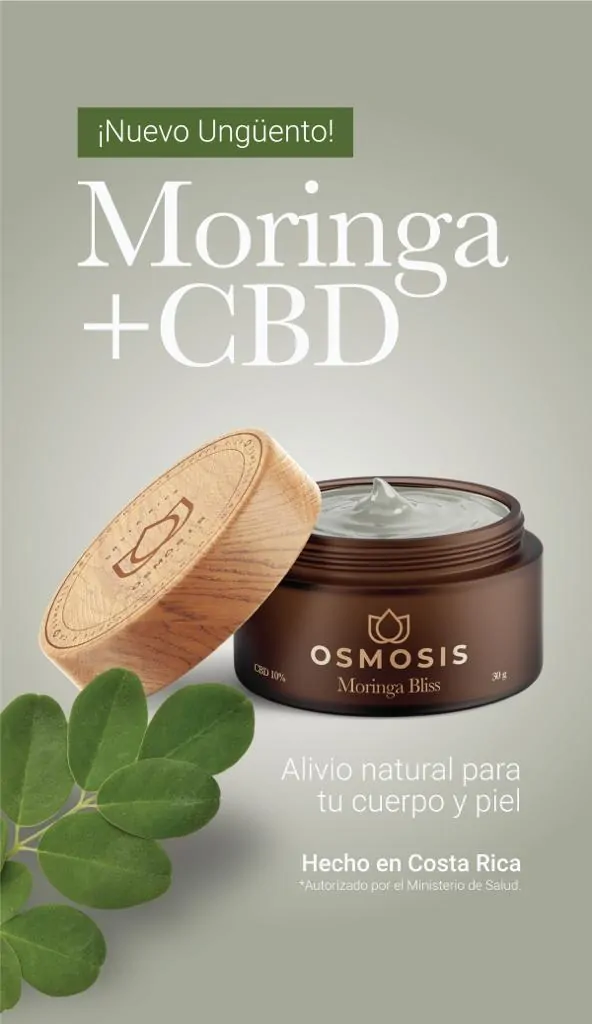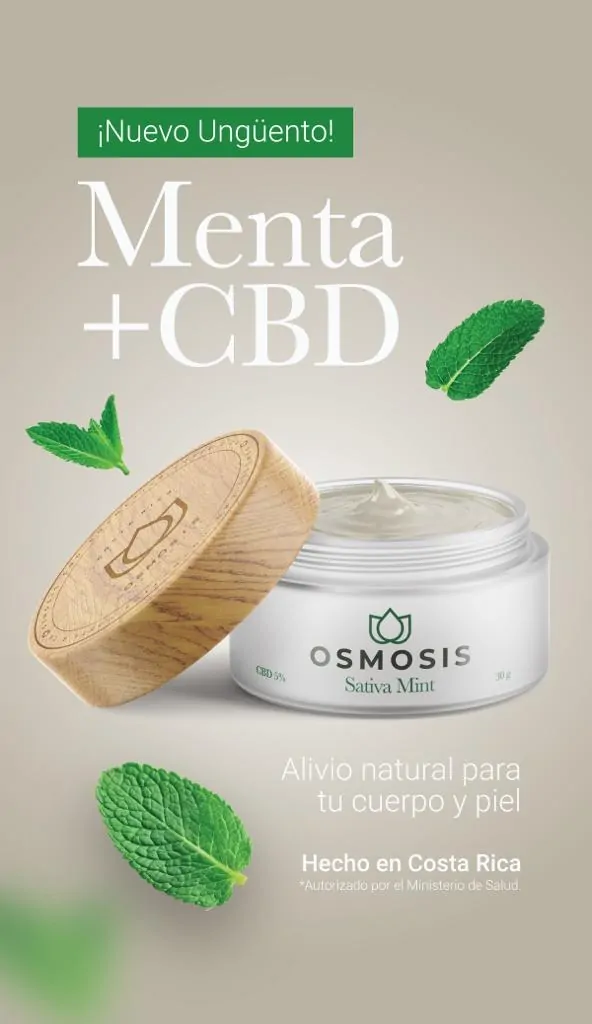For thousands of years, cannabis has been revered as a natural plant medicine throughout the entire world. It was only in the last hundred years that its use was dismissed in favor of synthetic pharmaceutical drugs. However, in the last forty years, thousands of studies have been published indicating the molecular mechanisms by which cannabis exerts its long-reported medical effects. We also now know that all vertebrates have endocannabinoid systems, which is the largest neurotransmitter system in the body. The science supports everything that patients have reported in both ancient and modern times.
However, the Costa Rican National Academy of Medicine only believes that the medical use of cannabis is very limited, so limited that patients do not deserve access to cannabis medicine. They believe conventional medications are more effective than cannabis, and in the few cases where cannabis is called for, only pharmaceutical products should be used.
This view represents a serious disconnect from the reality of actual human beings. While pharmaceuticals work for a great deal of people, millions are left to suffer. They experience unbearable side effects, and often need to take more pills to counter the side effects of other pills. Many patients turned to cannabis because they were up to dozens upon dozens of pharmaceuticals. A lot of patients have even reported worsening of their conditions when taking so many pills, which is the exact opposite of what they are trying to achieve.
There are dozens of medical conditions which do not respond to conventional medications. One such condition is fibromyalgia, a neurological condition that causes immense pain. There are three United States Food and Drug Administration-approved drugs for fibromyalgia – Cymbalta, Lyrica, and Savella. Side effects of Lyrica include dementia, accidental injury, fever, headache, rapid weight gain, stabbing pain, trembling, and more. With such frightening adverse possibilities, it is no surprise that patients prefer cannabis.

In a survey of over 1,300 fibromyalgia patients, 60-68% said that the drugs did not help at all. With cannabis, only 5% said it did not help at all, whereas 62% said it was very effective.
Crohn’s disease, an inflammatory intestinal condition, causes unbearable pain and can lead to malnutrition. Humira is an FDA-approved drug used to treat Crohn’s disease and ulcerative colitis, a related condition, as well as rheumatoid arthritis. Common side effects include body pain, ear congestion, loss of voice, shallow breathing, and shivering. Patients can also suffer from bleeding, blindness, bloody urine, broken bones, spitting up blood, vomiting, and literally dozens of other effects.
The side effects of conventional medications for serious conditions are frankly quite terrible. The side effects of cannabis are truly incomparable. At worst, patients can experience anxiety or panic attacks, fatigue, nausea, and some other transient effects. Even these adverse effects can be virtually eliminated through proper medical supervision and instruction. Unlike absolutely all other pharmaceuticals, it is impossible for cannabis to cause organ damage or death. And it is also proving to work in trials. A placebo-controlled trial in Israel showed that complete remission of Crohn’s symptoms was achieved in 5 of 11 subjects through smoked ingestion of THC-rich cannabis, with only 1 of 10 experiencing remission in the placebo group. The study also stated, “Subjects receiving cannabis reported improved appetite and sleep, with no significant side effects.”
Cannabis is also effective against one of the most common conditions afflicting humans – chronic pain. This is an area of medicine which is especially lacking in effectiveness. According to the United States Centers for Disease Control and Prevention, “Since 1999, the amount of prescription painkillers prescribed and sold in the U.S. has nearly quadrupled, yet there has not been an overall change in the amount of pain that Americans report. Overprescribing leads to more abuse and more overdose deaths.” Cannabis is known to treat pain very well, and since it is impossible to die from, it is far safer. In fact, an August 2014 study showed that states with medical cannabis laws had 25% fewer opioid-related deaths between 1999 and 2010.
Not only is cannabis a viable medicine, but it should be available as a first-line treatment rather than a last resort. It can help people avoid potentially debilitating or even fatal side effects of conventional drugs, as well as reduce or eliminate consumption of prescription narcotic drugs. The science is clear, and there is no excuse to not make medical cannabis available to patients.
Justin Kander
Justin Kander is a cannabis extract activist who has attended and presented at numerous medical conferences throughout the world. His recent book Enhancing Your Endocannabinoid System details the best ways to improve the effectiveness of cannabis medicine. Justin is editor-in-chief at #illegallyhealed

